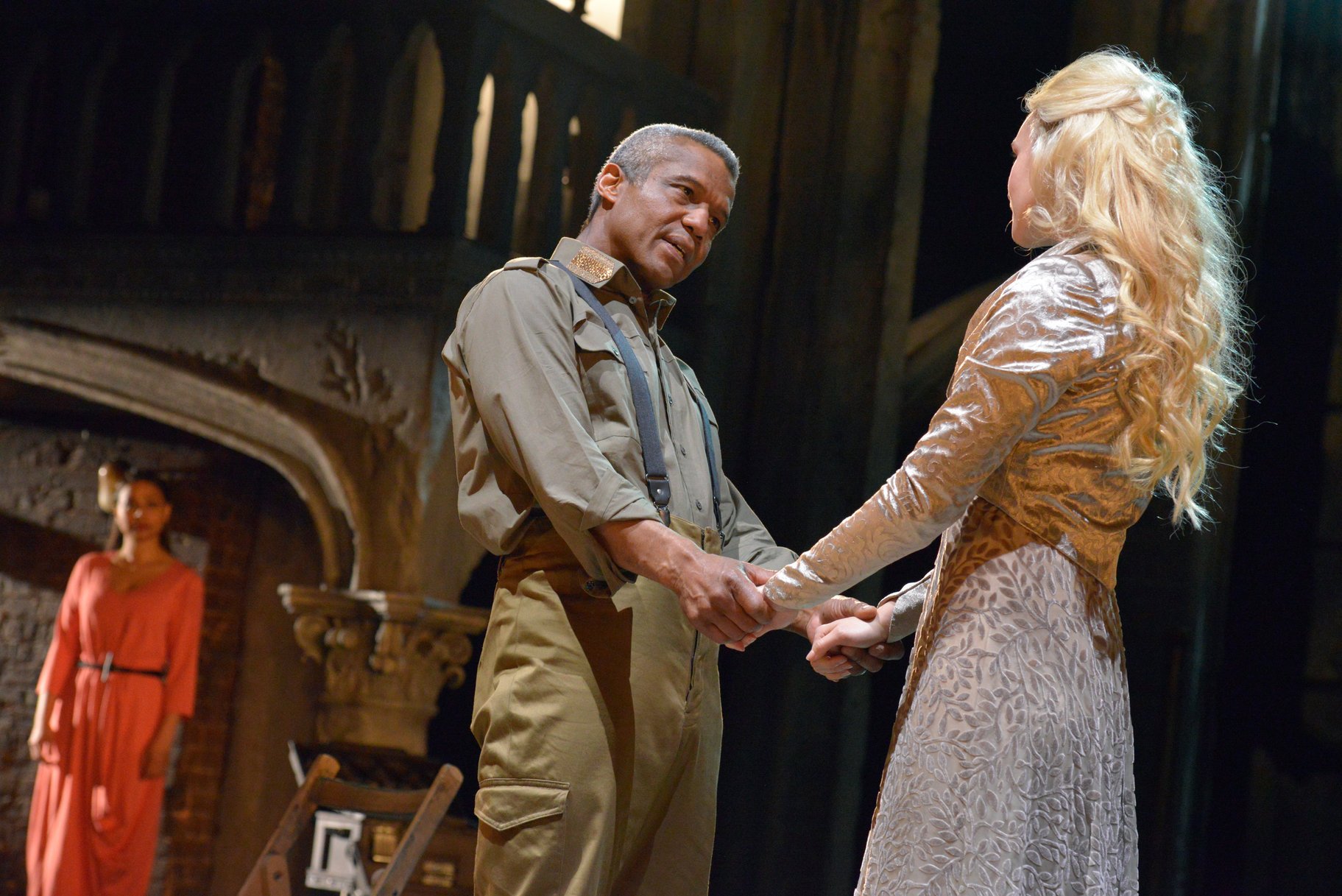
Passion and violence in Tragedy 2025
Philoctetes
Passion and Violence in Greek and Shakespearean Tragedy
Revenge, jealousy, love, madness – Tragedy charts the cause, course, crisis and impact of extreme psychologies – which, extreme as they are, are still recognisable today. Will blood always have blood; will blood always infect the brain? And is there something in tragic characters that stands apart from the passion that is supposed to define and impel them?
The course will explore, discuss, and perhaps understand the power and boundarying of passions in the two great sources of tragic drama: the Greeks and Shakespeare.
Our lecturers are Dr Fred Parker and Dr Jan Parker, University of Cambridge. This course is live online via Zoom.
The course has 7 sessions on Sundays from 12 January to 2 March 2025, 6.00-8.00 pm British Time.
Lecture list
Lecture 1. Sun. 12 Jan. 2025. Shakespeare, Othello
Lecture 2. Sun. 19 Jan. 2025. Euripides, Helen
Lecture 3. Sun. 26 Jan. 2025. Euripides, Orestes
Lecture 4. Sun. 2 Feb. 2025. Shakespeare, Hamlet
Lecture 5. Sun. 9 Feb. 2025. Sophocles, Philoctetes
Lecture 6. Sun. 23 Feb. 2025. Shakespeare, Coriolanus
Lecture 7. Sun. 2 March. 2025. Shakespeare, King Lear
Note: no session on Sun. 16 Feb.
Course fees
£350 full price for 7 sessions (includes 20% VAT)
£320 discount price for 7 sessions, students and CAMcard holders (includes 20% VAT)
Recordings
This course has seven live online lectures and seminars. The lectures are recorded so that participants can listen again during the course if they wish. The seminars are not recorded.
Zoom link
We will send you a Zoom link by email no later than 24 hours before the course begins. If the link does not arrive, please let us know by email in good time, at least an hour before the session begins, so we can re-send.
King Lear
Coriolanus
Details of lectures
Lecture 1 Shakespeare, Othello
The passion that drives this tragedy is not love but jealousy – or are they two sides of the same coin? Does Shakespeare make his violence psychologically understandable, or is it, as Iago implies, the mark of a barbarian? Our divided feelings about ‘the noble Moor’, or about the status of passionate love, mirror Othello’s own double image of Desdemona as both ideal woman and faithless ‘whore’.
Lecture 2 Euripides, Helen
Helen, of Troy, of Sparta, the face that launched (and destroyed) a thousand ships, the embodiment of love and lust, was storied as the double face of woman. In tradition, she was also of double aspect: divine and human; guilty inciter and innocent victim of Paris' passion. In Euripides’ play, a very human Helen is made to confront the implications of her very existence and to invent a new end to her story.
Lecture 3 Euripides, Orestes
Commanded by Apollo to avenge his father, Aeschylus' Oresteia deals with one issue: (how) can Orestes be acquitted of matricide? Later plays deal with a different aspect, the horror and the madness that comes of bloodguilt: as the Chorus in the Libation Bearers say to him, ‘blood on your hands has infected your brain’. In one of the most re-performed plays of antiquity, Euripides' Orestes explores a character who, in Greek psychology, was attacked by the overwhelming force of madness: Atē.
Lecture 4 Shakespeare, Hamlet
The revenger: the role prescribed for Hamlet – by classical and contemporary tragedy as well as by his father – is one he has trouble playing. There is some blockage: the passion for revenge does not flow through him as it ‘should’. That he plays mad is both the expression of his difficulty and an attempt to address it, to give himself over to a larger, non-rational force. What is it about theatrical madness that makes it so interesting to us?
Lecture 5 Sophocles, Philoctetes
At the start of this play, the young Neoptolemos is offered the opportunity to be the son of whom his father, Achilles, would have been proud: the hero who takes Troy. But there turn out to be further, less heroic choices. leaving the culminating question – is he going to become the ‘hellish Pyrrhus’, a figure all of blood, whom Hamlet wants to hear about?
Lecture 6 Shakespeare, Coriolanus
To be a good Roman is to have your passions under control, and Coriolanus reserves his violence for the battlefield, for the enemy. Yet he is driven by a deeper passion which others call ‘pride’, but seems stranger than that. It leads him to be banished from Rome and then to return to take vengeance upon his homeland – were it not for his mother. No less than with Hamlet, this play’s relation to the classical world turns on the question of what it is to be a hero.
Lecture 7 Shakespeare, King Lear
What is it that Lear wants and needs from his daughters – wants with such ferocious passion that its denial drives him into madness? How far does the play sympathise with ‘the great rage’ that possesses him, but which, having given his power away, he cannot translate into violence? Rage and grief wrestle with one another throughout this most emotionally raw and naked of all the tragedies.
Links
Poetry in Translation provide reliable editions of the Greek plays. You can read the works online or buy the books.
Folger Shakespeare Library, Coriolanus: text and commentary
Michael Billington article on Coriolanus, Guardian, March 2020
Editions
Any decent texts (such as Oxford World’s Classics, Penguin, CUP) of the Shakespeare plays will be fine. See also Poetry in Translation for the Greek plays.
If you cannot attend a course you have booked
Please note that, because places are limited, we cannot usually give refunds if you cannot attend a course. But if you contact us in advance, we might be able to transfer your booking to a different course.



